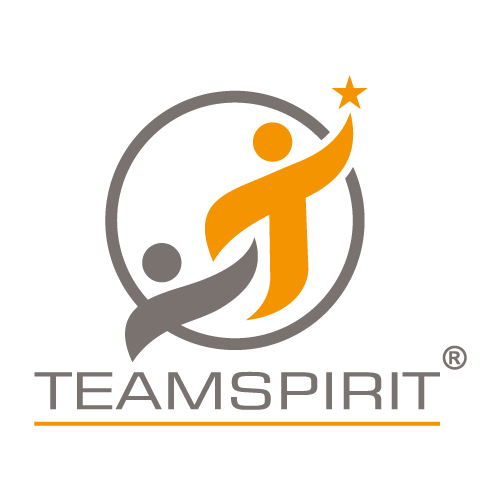The effectiveness of internal control systems is crucial for the smooth and reliable operation of businesses and organizations. Internal controls are processes, policies, and procedures put in place to ensure that a company’s operations are efficient, its financial reporting is accurate, and its assets are safeguarded. Here are some key points to consider when evaluating the effectiveness of internal control systems:
- Risk Assessment: Effective internal control systems begin with a thorough understanding of the risks the organization faces. This includes identifying potential financial, operational, and compliance risks. A comprehensive risk assessment allows companies to design controls that address these risks appropriately.
- Control Environment: The control environment sets the tone for the organization’s internal controls. It encompasses factors like management’s commitment to integrity, ethical values, competence of employees, and the overall governance structure. A strong control environment encourages the effective implementation of controls throughout the organization.
- Control Activities: These are the specific policies and procedures that are put in place to address identified risks. Control activities can include segregation of duties, approval processes, access controls for systems and data, physical security measures, and reconciliation processes. These controls aim to prevent errors, fraud, and misuse of resources.
- Information and Communication: Effective communication of policies, procedures, and responsibilities is crucial. Information should flow throughout the organization to ensure that employees understand their roles and the importance of adhering to controls. Reporting mechanisms for potential issues or exceptions should also be established.
- Monitoring: Regular monitoring and testing of internal controls are essential to ensure their ongoing effectiveness. This can involve internal audits, management reviews, and periodic assessments of controls’ performance. Any weaknesses or deficiencies that are identified should be addressed promptly.
- Adaptability: Internal control systems should be designed to adapt to changes in the organization’s environment, such as growth, technological advancements, regulatory changes, and shifts in business processes. Regular updates are necessary to ensure controls remain relevant and effective.
- Documentation: Proper documentation of internal control procedures and processes is critical. This documentation not only aids in understanding and implementing controls but also assists in training new employees and demonstrating compliance to auditors and regulators.
The effectiveness of internal control systems can be evaluated through internal audits, external audits, self-assessment programs, and ongoing monitoring. If weaknesses or deficiencies are identified, management should take corrective actions to strengthen the controls.
Ultimately, strong internal control systems provide confidence to stakeholders that the organization is operating in a responsible and reliable manner, which can lead to improved operational efficiency, better financial reporting, and reduced risk of fraud or error.
